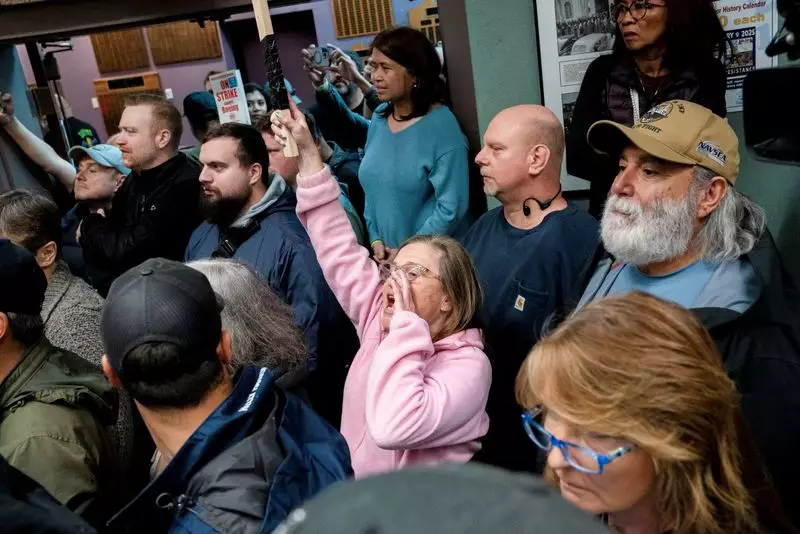The ongoing strike involving approximately 33,000 machinists at Boeing has brought production to a standstill, particularly affecting the company’s top-selling 737 MAX and its broader 767 and 777 models. The work stoppage, which has now lasted over five weeks since its inception on September 13, 2023, exemplifies a broader struggle within the aviation sector, where workers are demanding fair compensation and better working conditions in the face of industry challenges.
Boeing has recently proposed a new contract offer featuring a substantial pay rise of 35% spread over four years. This change is designed to entice workers back to the assembly lines after an earlier proposal—a 25% increase that union leaders initially supported—was overwhelmingly rejected by the workforce. Alongside the pay raise, the new proposal includes various incentives like a $7,000 ratification bonus, an enhanced 401(k) plan with employer contributions reaching up to 12%, and a one-time $5,000 contribution from the company. However, whether these adjustments will be enough to sway the opinions of striking workers remains uncertain. The International Association of Machinists and Aerospace Workers (IAMAW), which represents workers, has indicated that the decision rests firmly in the hands of its members.
Adding a layer of complexity to the situation, federal mediation has played a significant role in ongoing negotiations. Acting U.S. Secretary of Labor Julie Su has been actively involved in attempts to facilitate fruitful discussions between the striking workers and Boeing’s management. Her visit to Seattle signals a high level of concern from the federal government regarding the potential economic fallout from the strike, not just for Boeing, but for the wider economy, especially as upcoming employment reports are anticipated to reflect the impact of this industrial action.
The federal government’s involvement underscores the potential ramifications of the strike, which could see a drastic reduction in jobs. Estimates suggest that the labor turmoil may have contributed to a loss of up to 50,000 jobs in nonfarm payrolls for the month, creating further uncertainties in an already shaky employment landscape. Economists are watching closely, recognizing that the upcoming employment report could provide key insights just days before the presidential election, amplifying the stakes for all parties involved.
Amidst the turmoil, Boeing is grappling with its own challenges, marked by recent announcements of significant layoffs and financial restructuring. The company revealed plans to cut 17,000 jobs, which amounts to a 10% reduction of its global workforce, alongside the expectation of incurring $5 billion in charges. This follows a series of tumultuous events for the company, including serious safety inquiries prompted by mid-air incidents involving its aircraft. Boeing’s current financial standing is precarious, with stock and debt offerings reaching up to $25 billion over the next three years, indicating a desperate attempt to stabilize.
The focus on financial maneuvering comes at a time when public trust in Boeing is shaky, especially after the company pleaded guilty to a criminal fraud conspiracy charge earlier in the year. Environmentally and economically, these issues have raised questions about Boeing’s commitment to safety and integrity, which could severely impact its long-term viability.
As the strike drags on, the implications extend beyond immediate financial considerations to the broader landscape of labor relations in the aerospace industry. Workers are increasingly vocal about their demands for better pay and job security, reflecting a wider trend of labor empowerment seen across various sectors in recent years. The outcome of this strike and the negotiations surrounding it could establish a critical precedent for other companies in the industry as they will have to reckon with their workforce’s demands and the rising public scrutiny involved.
Ultimately, as workers prepare to vote on the new contract proposal, the ramifications of their decision will reverberate not only through Boeing but across the entire aerospace sector. The negotiation process is not just about wages and benefits; it’s also about the future dynamics between employees and management, setting the tone for how labor relations will evolve in a post-COVID world. The coming days will be pivotal in determining not only the trajectory of Boeing’s labor relations but also the morale and security of the American workforce as a whole.

